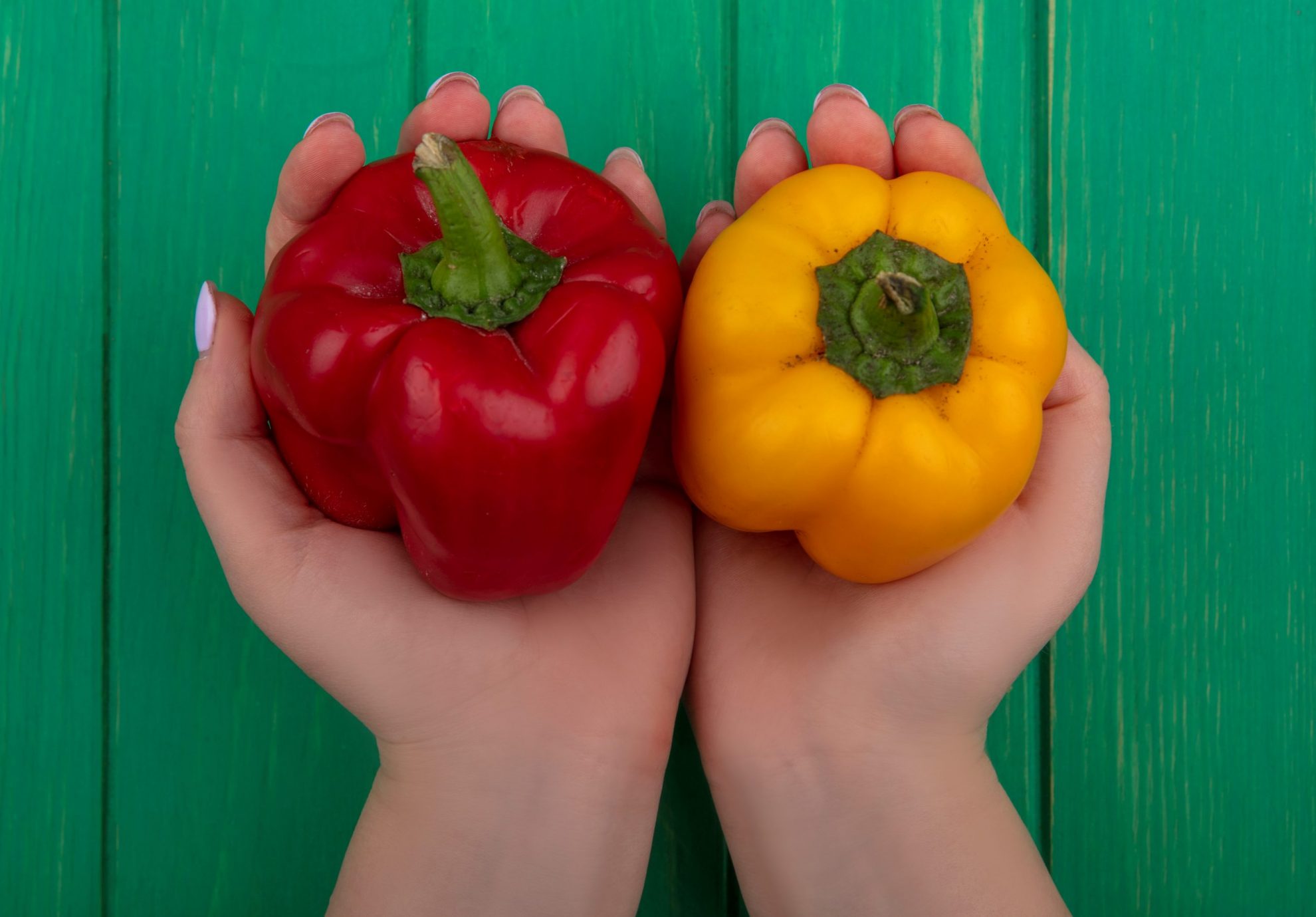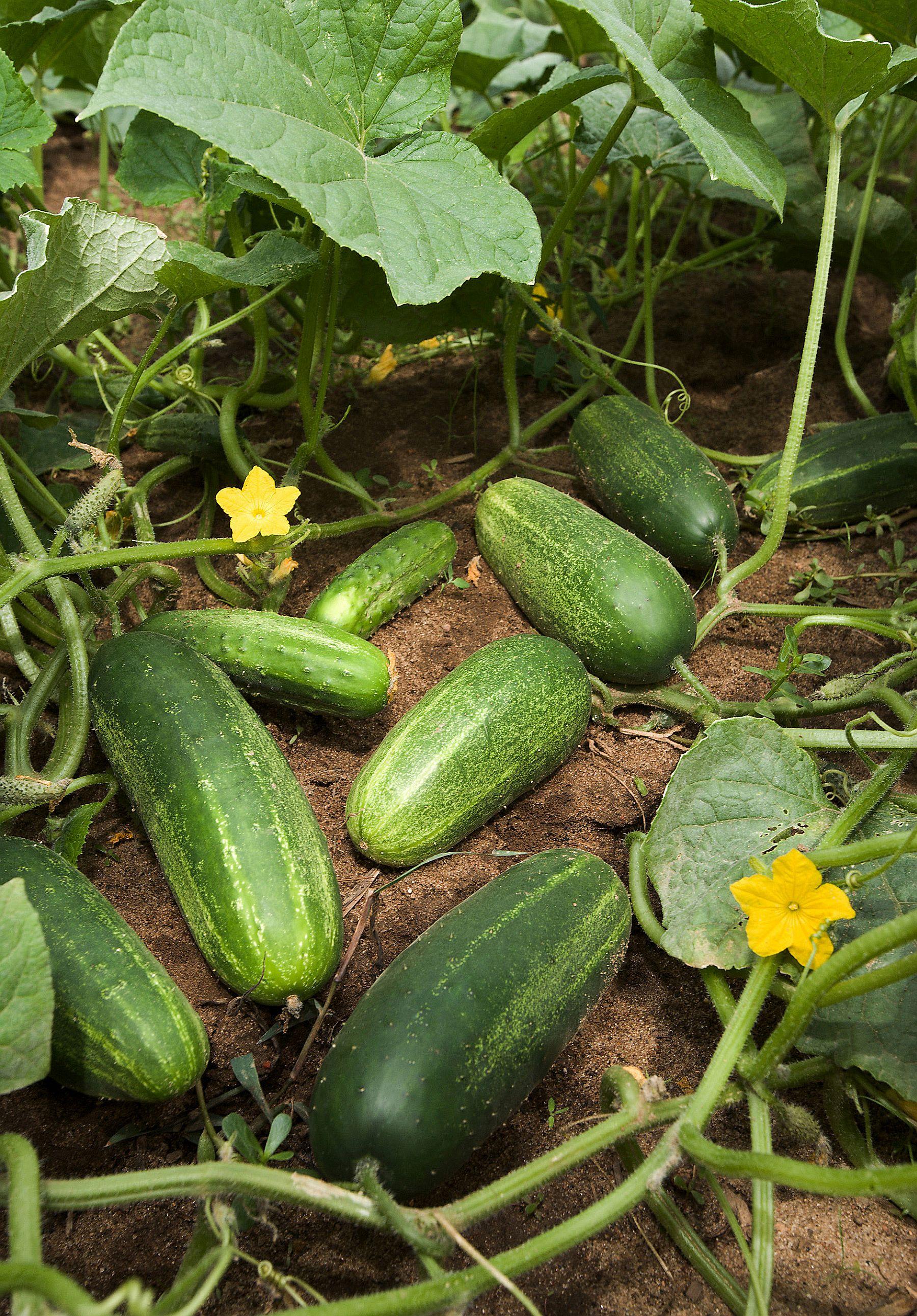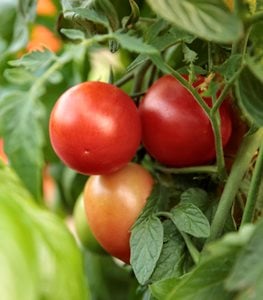Best Summer Garden Vegetables To Grow
Title: Best Summer Garden Vegetables to Grow
Introduction:
Summer is the time for fresh, homegrown vegetables. If you're looking to start your own garden, there are a few things you need to know. First, you need to choose the right vegetables for your climate. Some vegetables, like tomatoes and peppers, need full sun and warm weather. Others, like lettuce and spinach, prefer cooler temperatures.
Once you've chosen your vegetables, you need to prepare your soil. The soil should be loose and well-drained. You may need to add compost or other organic matter to improve the quality of your soil.
Finally, you need to plant your seeds or seedlings. Be sure to follow the planting instructions for each vegetable.
Main Content:
Here are some of the best summer garden vegetables to grow:
- Tomatoes are a classic summer vegetable. They come in a variety of colors and flavors, and they're a great source of vitamins A and C. Tomatoes need full sun and well-drained soil. They take about 60-70 days to mature.

- Peppers are another popular summer vegetable. They come in a variety of colors, shapes, and heat levels. Peppers need full sun and well-drained soil. They take about 70-80 days to mature.

- Zucchini is a fast-growing summer squash that's perfect for beginners. It doesn't need a lot of space, and it's easy to care for. Zucchini needs full sun and well-drained soil. It takes about 50-60 days to mature.

- Cucumbers are another easy-to-grow summer vegetable. They need full sun and well-drained soil. Cucumbers take about 60-70 days to mature.

- Beans are a versatile summer vegetable that can be eaten fresh or dried. They come in a variety of colors and flavors. Beans need full sun and well-drained soil. They take about 60-70 days to mature.
- Corn is a delicious summer vegetable that's perfect for grilling. It needs full sun and well-drained soil. Corn takes about 70-80 days to mature.

Conclusion:
These are just a few of the best summer garden vegetables to grow. With a little planning and care, you can enjoy fresh, homegrown vegetables all summer long.
Are you looking for some delicious and nutritious summer garden vegetables to grow in your own backyard? [VISIT https://gilmour.com/summer-vegetable-garden] for a list of popular summer vegetables, along with tips on how to plant and care for them. You'll find everything you need to know to start your own summer vegetable garden, from choosing the right varieties to harvesting your own fresh produce.
FAQ of summer garden vegetables
Here are some frequently asked questions about summer garden vegetables, along with valuable insights and solutions:
- What are some vegetables that are good to grow in the summer?
There are many vegetables that are good to grow in the summer, but some of the most popular include:
* Brinjal: Also known as eggplant, brinjal is a warm-season vegetable that is native to India. It is a good source of vitamins A and C, as well as potassium. Brinjal can be cooked in a variety of ways, including frying, roasting, and baking.
* Cucumber: Cucumbers are another popular summer vegetable. They are a good source of water and vitamins C and K. Cucumbers can be eaten fresh, pickled, or used in salads.
* Bottle gourd: Bottle gourd is a type of squash that is native to India. It is a good source of vitamins A and C, as well as fiber. Bottle gourd can be cooked in a variety of ways, including stir-frying, curries, and soups.
* White onions: White onions are a type of onion that is mild in flavor. They are a good source of vitamins C and K, as well as fiber. White onions can be used in a variety of dishes, including salads, sandwiches, and cooked dishes.
* Pumpkin: Pumpkins are a type of winter squash that is also good to grow in the summer. They are a good source of vitamins A and C, as well as potassium. Pumpkins can be cooked in a variety of ways, including roasted, mashed, and used in pies.
* Spinach: Spinach is a leafy green vegetable that is a good source of vitamins A, C, and K. It is also a good source of iron and folate. Spinach can be eaten fresh, cooked, or juiced.
* Okra: Okra is a warm-season vegetable that is native to Africa. It is a good source of vitamins A and C, as well as fiber. Okra can be cooked in a variety of ways, including frying, stewing, and gumbo.
* Cowpeas (Lobia): Cowpeas are a type of legume that is native to Africa. They are a good source of protein, fiber, and vitamins A and C. Cowpeas can be cooked in a variety of ways, including stewing, frying, and making hummus.
- What are some tips for growing summer garden vegetables?
Here are some tips for growing summer garden vegetables:
* Choose a sunny spot for your garden. Summer vegetables need at least 6 hours of sunlight per day.
* Prepare the soil well. The soil should be loose and well-drained.
* Add compost or manure to the soil to improve fertility.
* Plant your seeds or seedlings at the correct depth.
* Water your plants regularly, especially during hot, dry weather.
* Fertilize your plants every few weeks with a balanced fertilizer.
* Protect your plants from pests and diseases.
- What are some common problems with summer garden vegetables?
Here are some common problems with summer garden vegetables:
* Pests: Summer vegetables can be susceptible to a variety of pests, including aphids, caterpillars, and slugs.
* Diseases: Summer vegetables can also be susceptible to a variety of diseases, including powdery mildew, blight, and mosaic virus.
* Heat stress: Summer vegetables can be susceptible to heat stress, especially if they are not watered properly.
* Drought stress: Summer vegetables can also be susceptible to drought stress, especially if they are not planted in well-drained soil.
- How can I prevent problems with my summer garden vegetables?
Here are some ways to prevent problems with your summer garden vegetables:
* Plant resistant varieties of vegetables.
* Inspect your plants regularly for pests and diseases.
* Control pests and diseases with organic methods, such as insecticidal soap or neem oil.
* Water your plants regularly, especially during hot, dry weather.
* Mulch around your plants to help retain moisture and suppress weeds.
Image of summer garden vegetables
- Lettuce: A leafy green vegetable that is typically eaten raw in salads.

- Green beans: A long, slender pod vegetable that is typically eaten cooked.
- Peas: A small, round pod vegetable that is typically eaten cooked.

- Radishes: A small, round root vegetable that is typically eaten raw.
- Carrots: A long, orange root vegetable that is typically eaten cooked or raw.

- Cucumbers: A long, green fruit that is typically eaten raw.

- Kale: A leafy green vegetable that is typically eaten cooked or raw.

- Swiss chard: A leafy green vegetable that is typically eaten cooked or raw.

- Tomatoes: A round, red fruit that is typically eaten cooked or raw.

Post a Comment for " Best Summer Garden Vegetables To Grow"